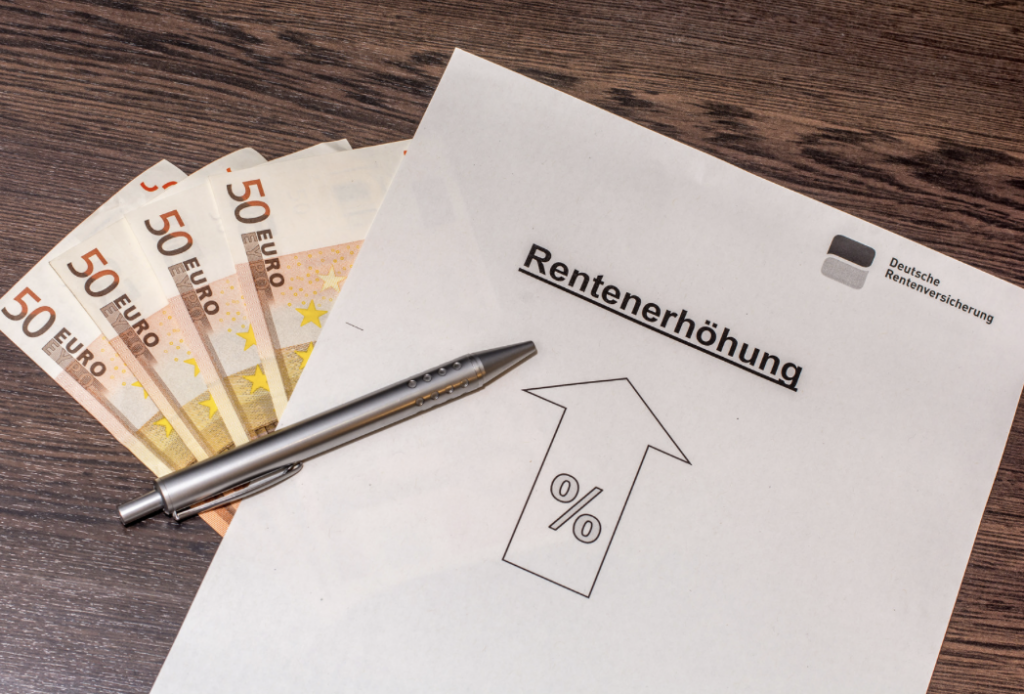Moving to a new country comes with many challenges, and ensuring your family is adequately protected is probably one of the most important tasks. In Germany, insurance is not only a legal requirement for some aspects but also a critical part of everyday life, especially for expat families. This guide will help you navigate family health insurance for expats in Germany and choose the best insurance plans for your family’s unique needs, including health, dental, liability and more.
Choosing the Right family health insurance for Expats in germany
Health insurance is a legal requirement for all residents in Germany, including expats. Whether you choose public or private health insurance, ensuring your entire family is covered is essential. Children and dependents can usually be included in your plan, depending on your insurance provider.
When deciding between public and private insurance, consider factors such as family size, healthcare needs and long-term plans. For most expat families, private insurance may be worth exploring if you desire more personalized services or if your family has specific medical needs that are better addressed with private providers. You can find further information about private health insurance plans on this link.

Most Common insurance plans for families
Liability Insurance (Haftpflichtversicherung)
Personal liability insurance is one of the most important policies expats should consider when living in Germany. It protects you and your family from the financial consequences of accidentally causing damage to others or their property, whether in everyday life or in legal situations. While not legally required, it is highly recommended and widely regarded as essential by Germans.
Household Contents Insurance (Hausratversicherung)
Household contents insurance protects your personal belongings against risks such as theft, fire, water damage, and natural disasters. For expats, especially families who bring valuable possessions when relocating, this insurance offers a vital layer of protection for everything inside your home.

Life Insurance for Families
Life insurance is an essential aspect of family health insurance for expats in Germany, providing financial security for your loved ones in the event of an unexpected death. For expats, life insurance can ensure that family members are financially protected, especially if you are the primary income earner.
There are two main types of life insurance in Germany: term life insurance and whole life insurance. Term life insurance (Risikolebensversicherung) provides coverage for a specific period, such as 10, 20, or 30 years, while whole life insurance (Kapitale Lebensversicherung) covers you for your entire life and also includes a savings component.
Education and Student Insurance for Children
For expat families with school-age children, education and student insurance provide an additional layer of protection. These policies cover students during school activities and trips, ensuring that your child is protected both in and out of the classroom. Whether your children attend an international school or a local German school, student insurance can be an invaluable addition to your family’s insurance portfolio.
Dental Insurance
While basic dental care is included in most public health insurance plans in Germany, the coverage is often quite limited. Expats may find that certain treatments, like advanced dental procedures or orthodontics for children, are only partially covered or not included at all. This is why supplementary dental insurance becomes valuable for families.
Travel Insurance
As an expat, traveling to visit family or explore nearby countries is often part of your lifestyle. However, unexpected events such as illness, injury, or travel disruptions can occur. For expat families who frequently travel abroad, having travel insurance is essential. This type of insurance provides coverage for medical emergencies, trip cancellations, lost luggage, and more, ensuring that your family is protected no matter where you go, complementing family health insurance for expats in Germany. Additionally, expats also use travel insurance to cover trips back to their home country or for vacations abroad.
Disability Insurance (Berufsunfähigkeitsversicherung)
Disability insurance, or Berufsunfähigkeitsversicherung, is designed to protect your income if you become unable to work due to an accident or illness. For expats, this insurance is particularly important, as it ensures that your family’s financial stability is not jeopardized in the event of an unexpected disability.
Supplementary Insurance for Families
Opting for the best family health insurance for expats in Germany often involves adding supplementary policies that provide additional benefits. While public health insurance in Germany offers comprehensive coverage, many expats choose to enhance their protection with supplementary insurance.
Supplementary policies can provide additional benefits that are not included in standard public or private insurance plans, such as better dental care, alternative medicine or more coverage for vision and hearing treatments. If you are enrolled in public health insurance, you may find that certain treatments or services, like dental treatments, private hospital rooms or alternative therapies, are not covered. Supplementary insurance allows you to add these benefits to your existing health plan, ensuring you and your family have access to the best possible care. Private insurance holders can also benefit from supplementary plans by increasing their coverage in specific areas.

How to Choose the Best Insurance Plan for Your Family
Choosing the best family health insurance for expats in Germany requires careful consideration of several factors. The right plan will depend on your family’s size, health needs, budget and how long you plan to stay in Germany. It’s important to balance cost with coverage to ensure that your family is well-protected without overpaying for unnecessary services.
Factors to Consider When Choosing a Plan
First, assess your family’s healthcare needs. Do you have young children who need frequent medical checkups? Are you planning to have another child while living in Germany? Answering these questions can help determine whether public or private health insurance is better suited to your situation.
Next, consider your family’s financial situation. Public health insurance is income-based, making it a more affordable option for families with lower incomes. Private insurance may offer more flexibility and coverage options, but the costs can be significantly higher, especially if you have multiple family members to insure.
Consulting with Insurance Experts
For expat families who are unfamiliar with the German insurance system, consulting with an insurance broker who specializes in family health insurance for expats in Germany can be extremely helpful. Brokers can offer personalized advice based on your family’s specific needs, helping you choose the most suitable insurance plan. Additionally, they can assist with the often complex process of switching between public and private insurance or adding supplementary coverage. You can arrange a free consultation with us now.
Tailoring Your Insurance Package
Ultimately, the best insurance package for your family will be one that meets your healthcare needs, fits within your budget, and offers peace of mind. Many expats find that a combination of public health insurance with supplementary coverage for dental and vision care provides the best balance of cost and protection. However, private insurance can also be a great option for those who need more personalized services or are looking for a wider range of coverage.
Avoid Common Pitfalls
One of the most common mistakes people make is rushing into an insurance contract without fully understanding the terms, especially when it comes to family health insurance for expats in Germany. Insurance contracts in Germany can be complex and full of legal jargon, so it’s important to review the policy thoroughly or seek advice from an expert before signing.
Keep Insurance Policies Organized
For expat families, it’s essential to keep all insurance documents organized and easily accessible. Whether it’s health, liability, or household contents insurance, having a system in place to store your contracts, contact information, and policy details can save you time and stress in the event of an emergency. Consider using a digital insurance manager or cloud storage to keep your documents safe and accessible anywhere.
Choosing the right insurance plans for your family as an expat in Germany is crucial for your financial security and peace of mind. When exploring family health insurance for expats in Germany, it’s essential to assess your family’s healthcare needs. From mandatory health insurance to optional but highly recommended plans like liability and household contents insurance, there are a wide variety of options available to suit every family’s needs. If you need further assistance, feel free to reach out to us. We now have a live chat feature available on every page! If you have any questions, just click to start a conversation, and our team will be happy to assist you shortly!
What our clients say about our services






Secure your future abroad with tailored insurance & pension plans
Get expert advice on the best solutions for expats – personalized to fit your unique needs. Start planning today!







